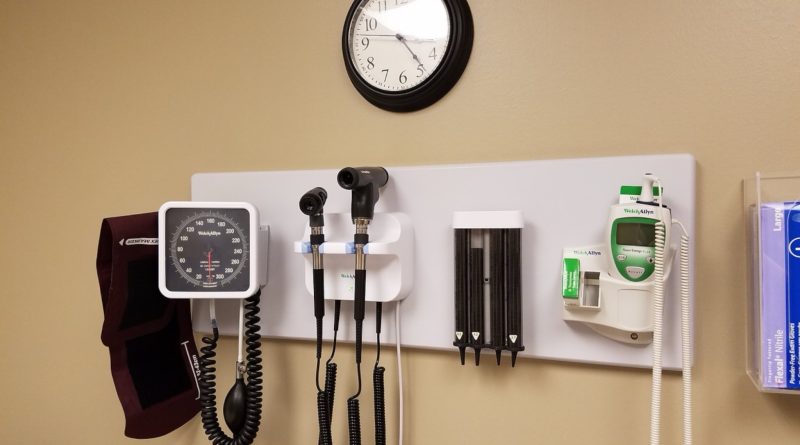Navigating Oregon’s PCP Shortage: Take Charge of Your Healthcare
Have you been affected by the primary care provider (PCP) shortage in Oregon? A few impacts that you might have noticed are that it’s harder to get in with your PCP, you are being scheduled with a colleague or that your provider has changed practices, moved to another state or retired altogether. When this happened to one of my patients recently, the practice where her PCP had retired from could not get her in with another PCP for more than a year. The PCP shortage in Oregon is very real and is unlikely to be resolved anytime soon. Reduced availability of PCPs can have serious implications for your healthcare.
How can you ensure that your health and healthcare needs are not negatively impacted? Here are some strategies to help you achieve better outcomes.
Maintain Healthy Habits
Any conversation about healthcare needs has to include a reminder about healthy lifestyle. Prioritize healthy habits: eat well, stay hydrated, exercise regularly, manage stress, and get enough sleep. These basics can significantly improve many health issues.
Plan Ahead for Medication Refills
Request medication refills from your pharmacy before you run out. Be aware of your provider’s policies; some medications may require a visit or lab tests before refills.
Schedule Appointments Strategically
Book follow-up appointments in advance, especially if you have chronic conditions. Prepare for appointments by thinking ahead about topics and questions you want to address.
Build a Healthcare Team
Expand your healthcare team beyond your PCP. This could include associate providers, naturopathic physicians, or specialists. Having additional providers can help bridge gaps if your PCP changes.
Know When to Use Urgent Care
Use urgent care for acute issues. Relying on PCPs for urgent problems can delay care. Proper primary care reduces the risk of emergency department visits and emergency surgeries.
Keep Track of Your Health
Maintain a health journal to track your health metrics, treatments, and appointments. This is especially useful if you change PCPs. If you don’t have anything yet, start with the intake paperwork from your new provider which will include allergies, medications, symptoms, and health history. Include your latest labs and treatment plan. Use this journal to coordinate with your healthcare team.
Taking personal responsibility for your healthcare can be empowering, improve your care, and ensure you get the assistance you need when you need it.
This article was originally published in Tigard Life‘s March 2024 issue. Click here for a PDF of this article in it’s original format.

